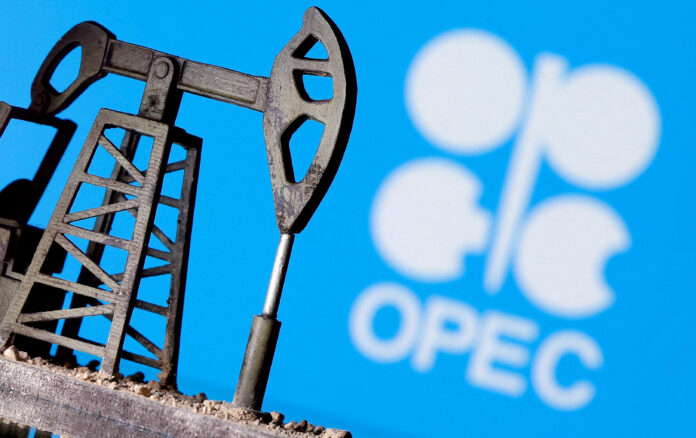
Sri Lanka’s hopes for lower oil prices at the pump could face hurdles, as the members of the Organisation of the Petroleum Exporting Countries and its Russia-led allies, a group collectively known as OPEC+, decided on what analysts called “a monster cut” to oil production to stabilize the global oil prices, which have been falling for months.
The OPEC+ finance ministers gathered in person for the first time in more than two years at its headquarters in Vienna, Austria, yesterday and decided to slash oil production by two million barrels a day, the biggest cut since the start of the pandemic.
The global oil prices have fallen 32 percent in the last four months, after going above US $ 100 a barrel in the first half of the year, most of which was caused by Russia’s invasion of Ukraine on February 24.
However, the prices made an about turn since June, on worries over the health of the global economy after global central banks, with the exception of China and Japan, quickened their pace of rate increases to tame decades-high inflation, which could tip most world economies either into recessions or significant slowdowns.
The Organisation for Economic Cooperation and Development last week trimmed its global economic growth outlook to 2.2 percent in 2023, from an earlier projection of 2.8 percent, on concerns of tightening monetary policy by the advanced economies to fight inflation.
These worries sent the international benchmark Brent crude prices below US $ 83 a barrel last week for the first time since January, causing concerns for the major oil producers, specially Saudi Arabia.
However, Brent has been rising since October 3 to trade above US $ 91.00 a barrel, before the OPEC+ meeting got underway on expectations of a production cut.
After a bumper hike delivered in June for oil at the pump, when the country was facing acute shortages of fuel, Sri Lanka a few days ago reduced the prices by Rs.40.0 and Rs.70.0 each for a litre of Octane 92 and Octane 95 petrol, respectively for the second time, under a cost-reflective price formula put in place
in June.
Energy Minister Kanchana Wijesekara speaking in Parliament expressed hope for further reduction in retail prices by at least another Rs.40.00 a litre on petrol in the next two weeks, on the easing of global crude and refined oil prices.
However, since last week, the global prices have increased substantially and the production cuts could further push the prices higher, scuttling such plans to reduce the retail prices.
Nevertheless, there are some tensions within the oil cartel on the move to cut production as some members such as the United Arab Emirates (UAE) and Kuwait are worried that the long-term curbs would damage their plans to increase production, as the UAE had already invested tens of billions of dollars in expanding its capacity.
In any case, the rising oil prices could inflict further pain on Sri Lanka, which is facing severe balance of payment troubles, due to the severe shortage of foreign currency, as it has been barely managing the situation through rationing fuel at the pump since late July.